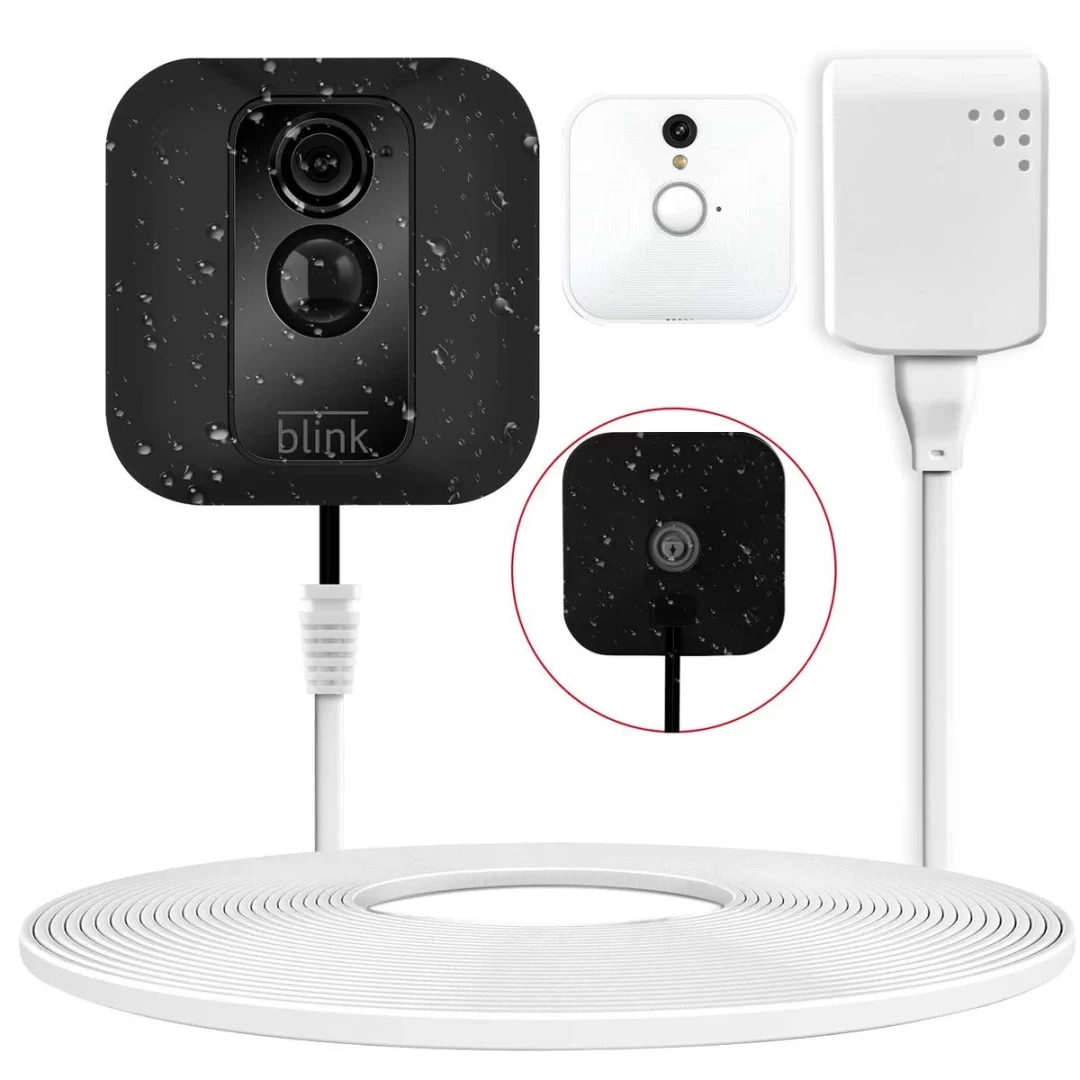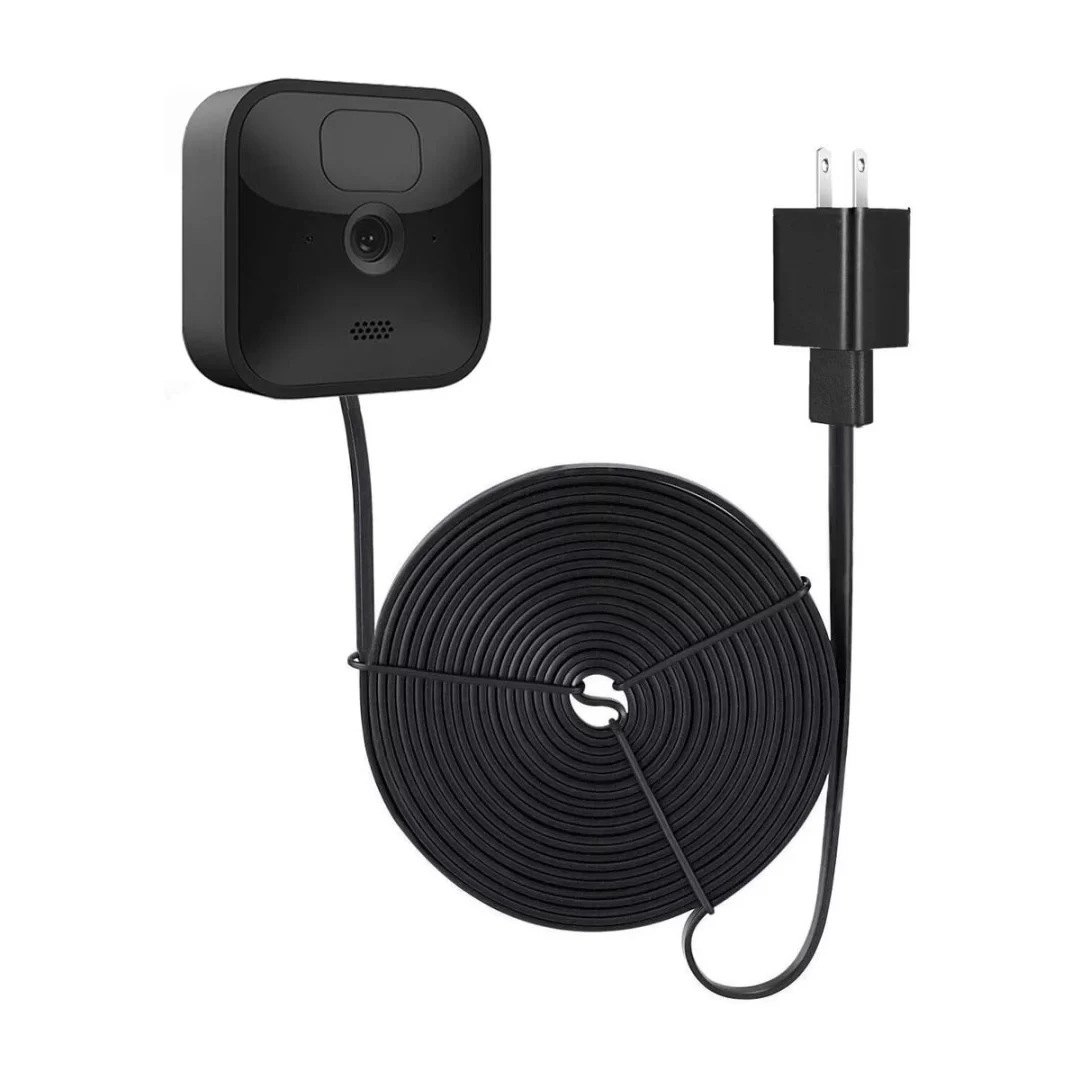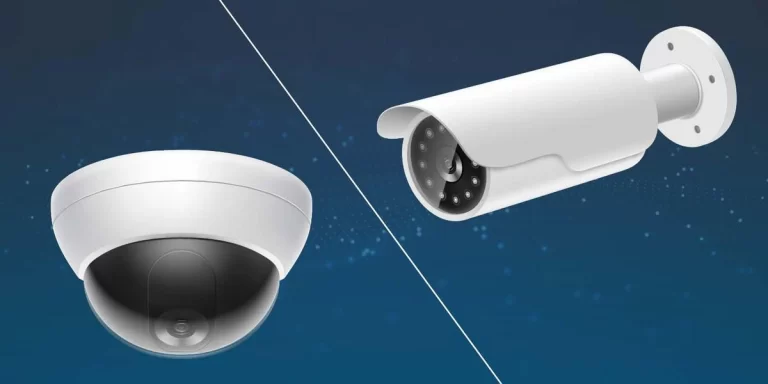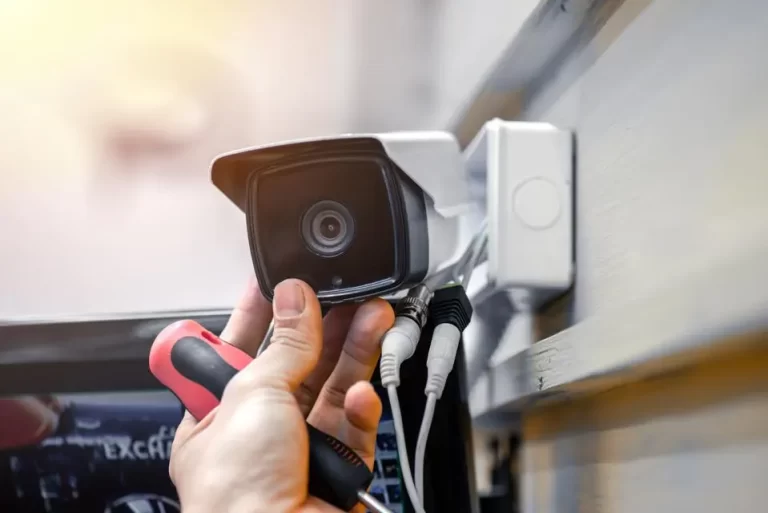What Happens to Blink Cameras When Power Goes Out?
What happens to Blink cameras when power goes out? Many potential owners of blink cameras are concerned about the performance of the device during a power outage.
In this comprehensive article, we will explore the effects of power outages on Blink cameras, provide troubleshooting tips, and answer frequently asked questions to ensure you have a clear understanding of how to handle such situations.

How Do Blink Cameras Operate?
Before diving into what happens when the power goes out, let’s briefly understand how Blink cameras operate.
Blink cameras are wireless security cameras that connect to your home Wi-Fi network, allowing you to monitor your property remotely through a smartphone or computer.
These cameras are designed to be energy-efficient and rely on batteries for power, making them easy to install without the need for professional assistance.
What Happens to Blink Cameras When Power Goes Out?
When the power goes out, Blink cameras experience a disruption in their power supply. As a result, they rely solely on their batteries to continue functioning.
Fortunately, Blink cameras are equipped with internal batteries that can power the device for an extended period, ensuring uninterrupted surveillance even during power outages.
How Long Can Blink Cameras Operate on Batteries?
The duration for which Blink cameras can operate on batteries depends on various factors, including the model, battery capacity, and usage.
On average, Blink cameras can last for several months on a single set of batteries under normal usage conditions. However, during a power outage, when the cameras are solely relying on batteries, the duration may be shorter.
Troubleshooting Tips for Blink Cameras During Power Outages
While Blink cameras are designed to seamlessly transition to battery power during power outages, there may be instances where you encounter issues.
Here are some troubleshooting tips to help you address common problems that may arise when the power goes out.
1. Blink Camera Not Powering On
If your Blink camera fails to power on after a power outage, it may be due to drained batteries. Start by checking the battery level indicator in the Blink app or on the camera itself.
If the batteries are low, replace them with fresh batteries and ensure they are inserted correctly. Give the camera a few moments to power on, and it should resume normal operation.
2. Blink Camera Offline
During a power outage, your internet router may also lose power, resulting in your Blink camera going offline. To resolve this issue, ensure that your router is plugged in and powered on.
Once the router is back online, your Blink camera should automatically reconnect to the Wi-Fi network and resume normal operation.
3. Blink Camera Not Detecting Motion
If your Blink camera is not detecting motion after a power outage, it could be due to a temporary glitch in the system.
Try restarting the camera by removing and reinserting the batteries or power cycling the camera through the Blink app. If the issue persists, contact Blink customer support for further assistance.
FAQs About Blink Cameras and Power Outages

To provide you with a comprehensive understanding of Blink cameras and their behavior during power outages, here are some frequently asked questions along with their answers.
1. Can I Use Blink Cameras Without Wi-Fi During a Power Outage?
Yes, you can use Blink cameras without Wi-Fi during a power outage. Since Blink cameras are battery-powered, they can continue to function and record videos even when the Wi-Fi network is unavailable.
However, without an internet connection, you won’t be able to access the live feed or receive alerts on your smartphone.
2. Do Blink Cameras Store Footage During a Power Outage?
Yes, Blink cameras store footage during a power outage. The recorded videos are saved on the camera’s internal storage or an optional Blink Sync Module, depending on the camera model.
Once the power is restored, the footage will be uploaded to the cloud storage if you have subscribed to a Blink cloud storage plan.
3. Can Blink Cameras Be Connected to a UPS?
Yes, Blink cameras can be connected to an Uninterruptible Power Supply (UPS) to ensure an uninterrupted power supply during outages.
By connecting your Blink camera system to a UPS, you can prolong the battery life and ensure continuous surveillance even when the power goes out.
4. Will Blink Cameras Reconnect to Wi-Fi Automatically After a Power Outage?
Yes, Blink cameras are designed to automatically reconnect to the Wi-Fi network once the power is restored.
As long as your internet router is functioning correctly, the Blink cameras will establish a connection and resume normal operation without any manual intervention.
5. How Can I Conserve Battery Life on Blink Cameras During Power Outages?
To conserve battery life on Blink cameras during power outages, you can reduce the camera’s sensitivity settings, decrease the number of recorded clips, or adjust the recording length.
By optimizing these settings, you can extend the battery life and ensure that your Blink cameras continue operating for an extended period.
6. Can Power Outages Damage Blink Cameras?
Power outages do not typically damage Blink cameras. These cameras are designed to withstand power fluctuations and temporary power loss without any adverse effects.
However, it is always recommended to use surge protectors or UPS systems to provide additional protection against power surges or voltage fluctuations.
Conclusion
In conclusion, Blink cameras are equipped to handle power outages effectively. With their built-in batteries, these cameras can continue operating, ensuring uninterrupted surveillance during times of power loss.
By following the troubleshooting tips provided and understanding how Blink cameras behave during power outages, you can ensure that your home security remains intact even in challenging situations.
Remember to keep spare batteries on hand and consider connecting your Blink cameras to a UPS for extended power backup. Stay vigilant and enjoy the peace of mind that Blink cameras provide, regardless of power fluctuations.
READ ALSO!!!





